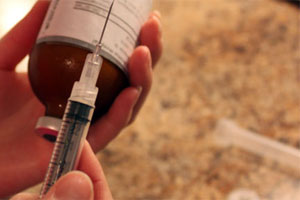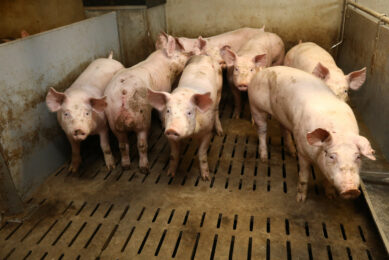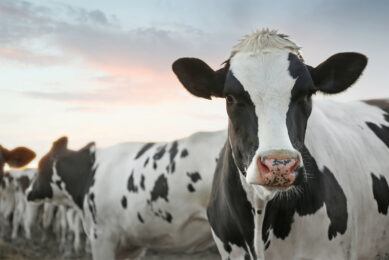France wants to lower antibiotic use in livestock

As antimicrobial resistance is emerging, the French food safety agency (ANSES) calls for reduction of antibiotic use in livestock, according to a recently released report from ANSES.
In the document, the French food safety agency outlines ways to curb antibiotic use in livestock and hence reduce the threat that more bacteria become resistant to antibiotics. This work follows the decision of the French government to reduce the use of antibiotics in veterinary medicine over the 2012-2017 period (the ‘Ecoantibio 2017 plan’). ANSES looked at all the patterns of antibiotic use in the various animal production sectors, assessed the risks of antimicrobial resistance associated with veterinary practices both in the livestock and household pet care sectors and drafted regulations to reduce, prevent or abolish risk practices in veterinary medicine.
Recommendations
The document has recommendations for each sector and animal species and will supplement the initiatives currently provided for in the draft law on the future of agriculture and by the Ecoantibio 2017 plan. The recommendations include discontinuing preventive use of antibiotics, reserving latest-generation antibiotics (3rd and 4th generation cephalosporins and fluoroquinolones) to clearly identified and strictly regulated situations, and giving preference to narrow-spectrum antibiotics. ANSES also addresses that it is necessary to encourage the development of indicators for promoting more targeted use of antibiotics, and in particular through improved veterinary antibiogrammes.
[Source: ANSES]











